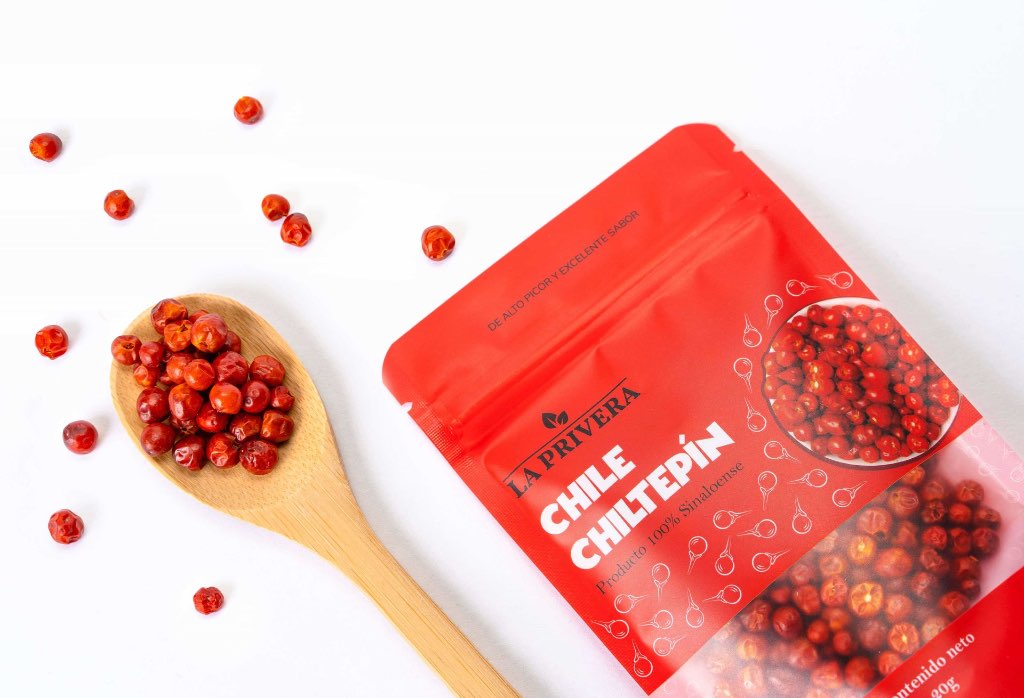In Mexico, the wild chiltepin pepper is a gastronomic jewel found on the coasts and coastal mountains of the Pacific Ocean, ranging from Sonora to Chiapas and from Tamaulipas to the Yucatan Peninsula. According to a study published by the University of Veracruz in 2018, this variety of chili is distributed in 12% of the country’s municipalities, which represents 23% of the national territory.

In addition to being a culinary delight, this chili is important as a genetic resource. Being a wild variety, it acts as a reserve of germplasm that is essential to maintain the natural diversity of the species and is an invaluable source for plant breeders. Therefore, their conservation should be a high priority in research programs.
Wild chili is under strong anthropogenic pressure due to the destruction of its natural habitat and the deterioration of the ecosystem in which it grows. As a result, the natural populations of this chili variety are declining, and careless harvesting and harvesting put additional pressure on its survival.
An example of the growing importance of the chiltepin pepper as an economic activity can be seen in the Sonora River region, where it was originally collected for own consumption. However, starting in the 1980s, its demand increased and the high prices offered in the markets of Sonora and other regions made it an important source of income for rural communities with few employment options.
What are the main benefits of chiltepin pepper?
Some of the benefits of the chiltepin pepper include:
Source of antioxidants:
Chiltepin peppers contain antioxidants, such as vitamin C and carotenoids, which may help protect the body against cell damage and reduce the risk of chronic disease.
Anti-inflammatory properties:
Chiltepin chili has anti-inflammatory properties that can help reduce inflammation in the body, which can be beneficial for people with inflammatory conditions such as arthritis.
Potential to reduce pain:
Some research suggests that compounds in chiltepin peppers, such as capsaicin, may have pain-relieving properties that can help reduce pain in various parts of the body.
Helps with digestion:
Chiltepin pepper can stimulate the production of gastric juices in the stomach, which can help improve digestion and relieve symptoms of digestive problems such as indigestion and abdominal pain.
It can help control weight:
Some studies suggest that consuming chili peppers, including the chiltepin chili, may increase thermogenesis (the amount of heat the body produces) and help reduce appetite, which could be helpful in weight management.

Jesus is a health blog author who has been writing about nutrition, fitness and healthy living for over 10 years. He also loves to run, hike and bike with her wife.






